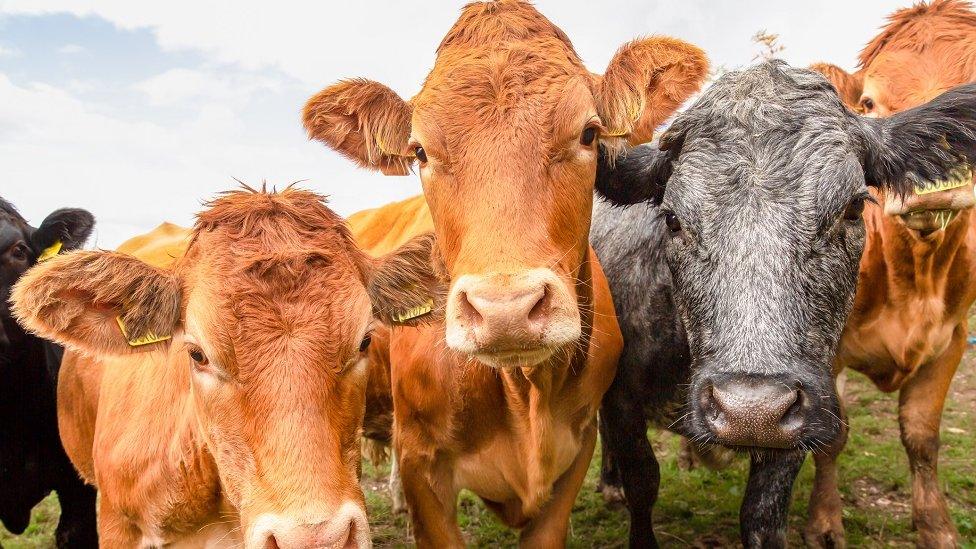Bovine TB: Daera facing legal action over compensation rate
- Published
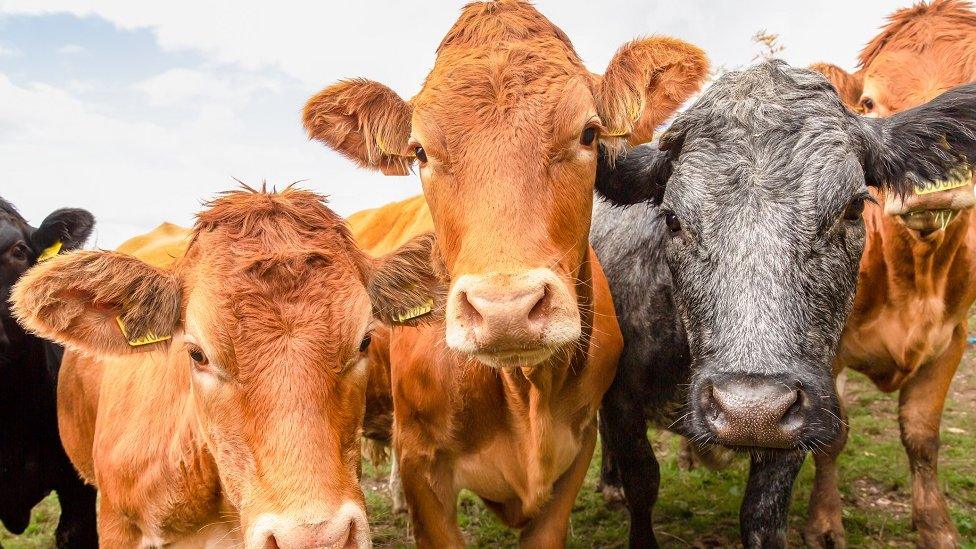
Farmers currently get 100% of an animal's market value if it is found to have the disease
The Ulster Farmers' Union (UFU) has said it is prepared to take legal action against the Department of Agriculture, Environment and Rural Affairs (Daera) over its bovine TB (bTB) compensation policy.
It follows the announcement of a consultation on compensation rates for animals removed after testing positive.
Currently, farmers get 100% of the animal's market value.
But increasing disease rates and prices saw the bill reach £38m in 2022/23.
This is part of the overall bTB programme costs totalling £53m.
The consultation is seeking views on reducing the compensation bill to help meet budgetary pressures.
'Theft of property'
But UFU President David Brown said farmers blame Daera for the bTB crisis after a planned badger cull was successfully challenged in the courts.
"What we've seen is a failure on behalf of our department to be able to deliver an effective strategy, albeit a judicial review reduced their ability to do that.
"But equally, on the other side of that, we're not beyond the possibility of taking our own judicial review and challenging the department on something which we believe to be not only unfair but, in terms of actually removing the market value, we consider that to be a theft of property."
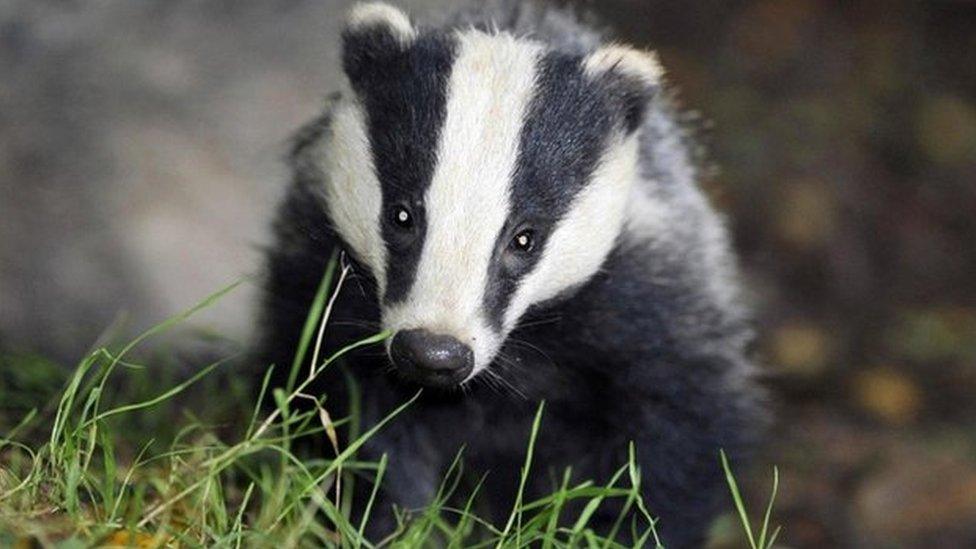
A study found cattle-to-cattle transmission more common than badger-to-cattle transmission
Former Daera minister Edwin Poots had announced a cull of badgers as part of a new bTB strategy.
But that order was quashed at the High Court following a challenge from wildlife groups who successfully argued that the consultation process had been flawed.
Any further proposal on a cull would have to go to a fresh consultation.
Last year, a study by the Agri-Food & Biosciences Institute (AFBI) found cattle-to-cattle transmission of bTB is "considerably more common" than badger-to-cattle transmission.
Disease rates for bTB in Northern Ireland have reached 11%.
Mr Brown warned any change in the compensation rate could put farmers out of business.
"There are farmers who have all of their dairy herd or all of their animals removed and in that instance, the proposed cut of 10% in the first year, 25% in subsequent years, would wipe that business out.
"Effectively, as it currently stands, if they get the market value of the animals and are allowed to go back out to the market place, that market value if the market hasn't moved is able to replace them and able to let them get started again, albeit with the loss of income in the meantime.
"But fundamentally if you reduce that, businesses will probably not be able to be in a position, many of them with big losses, to be able to get started up again."
The UFU has urged farmers to respond to the consultation, which closes on 8 March 2024.
Related topics
- Published25 October 2023
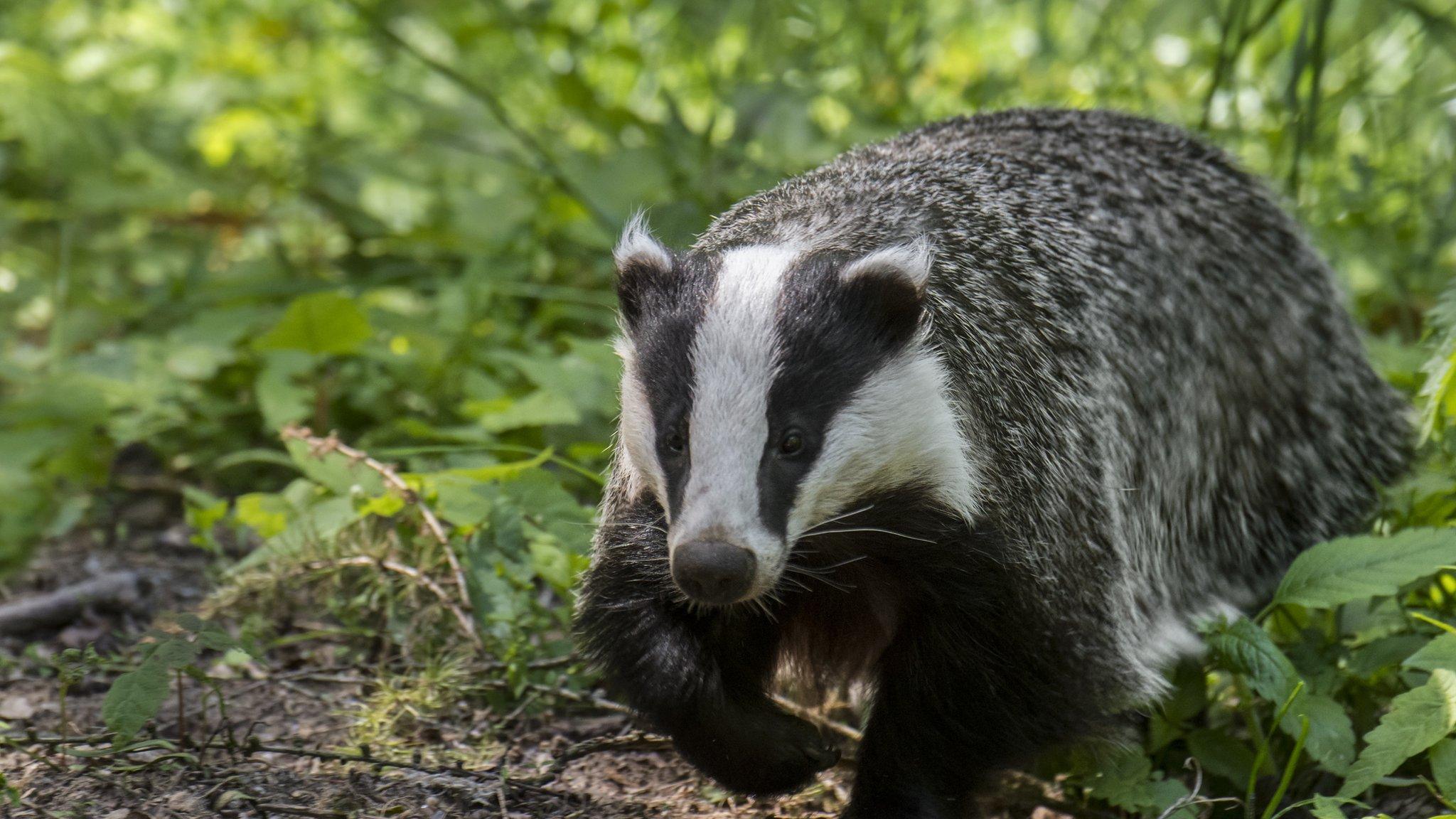
- Published14 November 2023
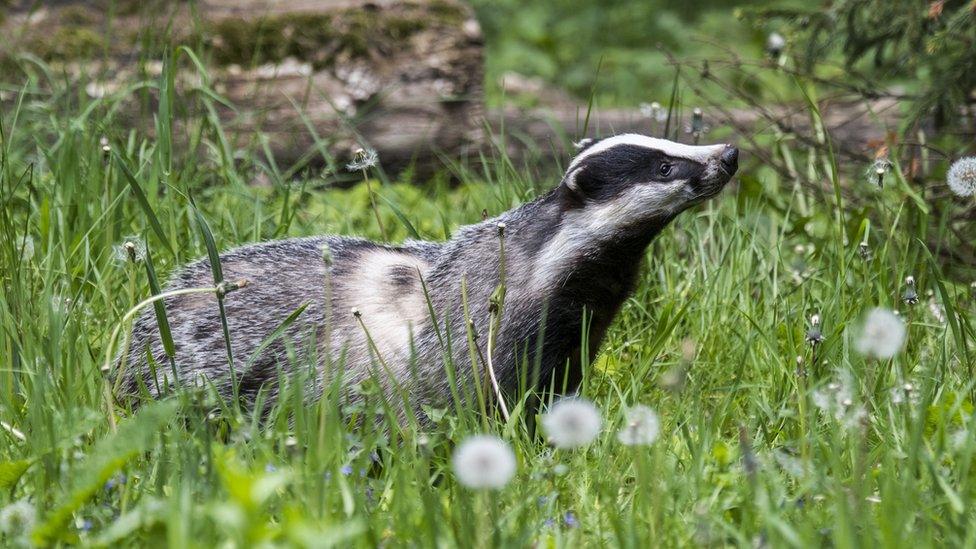
- Published31 May 2023
